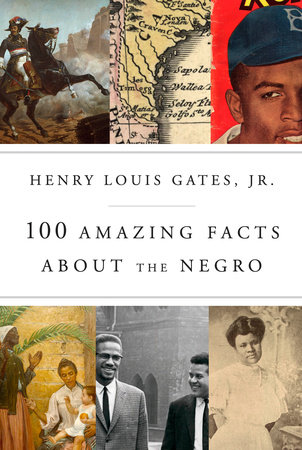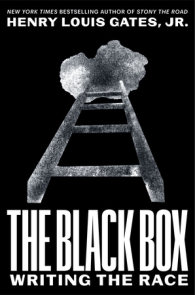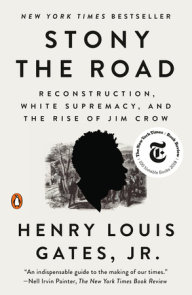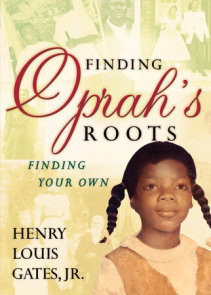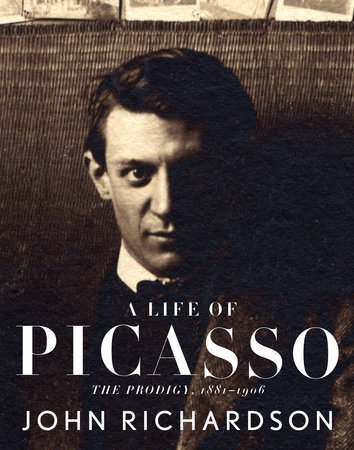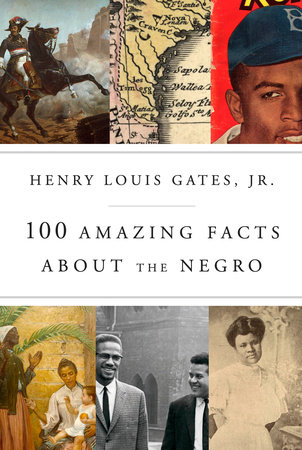

100 Amazing Facts About the Negro
By Henry Louis Gates, Jr.
By Henry Louis Gates, Jr.
By Henry Louis Gates, Jr.
By Henry Louis Gates, Jr.
By Henry Louis Gates, Jr.
Read by Dominic Hoffman
By Henry Louis Gates, Jr.
Read by Dominic Hoffman

-
$40.00
Oct 24, 2017 | ISBN 9780307908711
-
Oct 24, 2017 | ISBN 9780307908728
-
Oct 24, 2017 | ISBN 9781524755324
869 Minutes
Buy the Audiobook Download:
YOU MAY ALSO LIKE
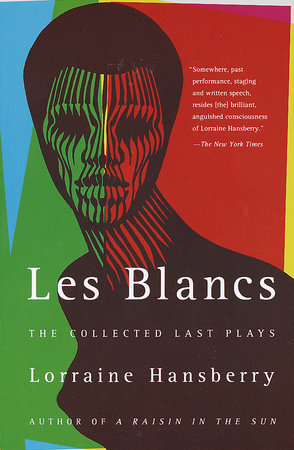
Les Blancs: The Collected Last Plays
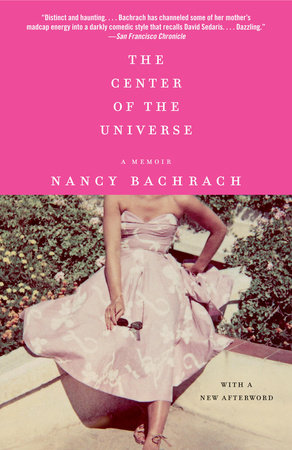
The Center of the Universe
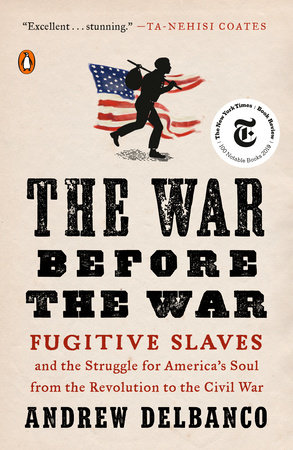
The War Before the War
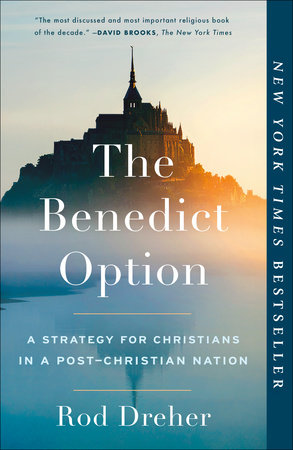
The Benedict Option
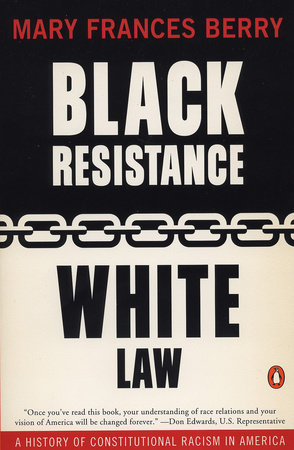
Black Resistance/White Law
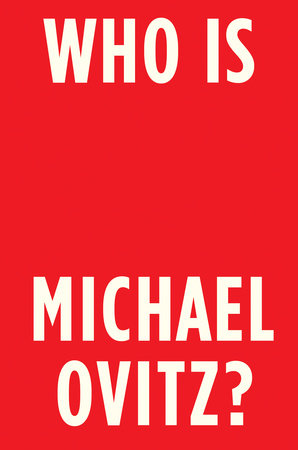
Who is Michael Ovitz?
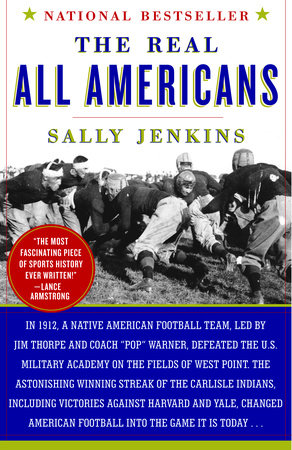
The Real All Americans
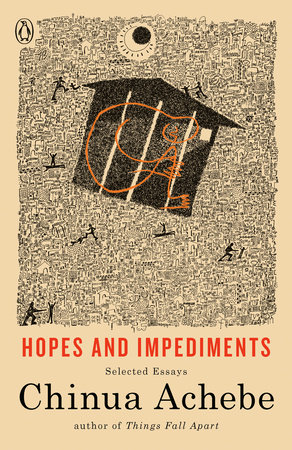
Hopes and Impediments
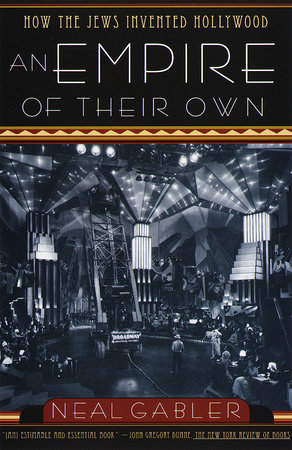
An Empire of Their Own
Praise
One of Publishers Weekly’s Top 10 in History Fall 2017
“Brilliant…The book brims with conversation pieces but also with the pain that is all too evident when discussing the ways enslaved people of African descent lived here in the United States and around the world…. It overflows with interesting information and provides much food for thought.”
—The Washington Post
“Reading 100 Amazing Facts About the Negro is like taking a tour of black history with a very erudite and accessible guide…Gates’s embrace of a retro book title and structure is particularly interesting in our contemporary moment. He offers an unorthodox approach to learning about African-American history in the era of Black Lives Matter and the Trump presidency…100 Amazing Facts About the Negro offers seeds that may grow among readers into a deeper appreciation of African-American history, one that may render another homage to Rogers unnecessary.”
—Boston Globe
“Part Encyclopedia Africana, part advanced black studies course, the book unearths little known, often surprising truths about the complex history of the worldwide black diaspora, serving up a sweeping concept in bite-sized chapters… It’s also serendipitous: “100 Amazing Facts” comes as the nation grapples — again — with the scourge of white nationalism, a misguided yet persistent philosophy based on the belief that white men built Western civilization by themselves. In this context, the professor’s meticulously researched book, written in his signature avuncular style, is something of a history smackdown.”
—Minneapolis Star Tribune
“A collection of vignettes about the black experience in the United States and around the globe. In 1957, respected Pittsburgh Courier journalist Joel A. Rogers published a book, 100 Amazing Facts About the Negro with Complete Proof, based on research he had conducted for his columns . . . Gates, the prolific scholar and popularizer of black history, presents this book as an homage and update to the work of “Mr. Rogers.” . . . The pieces range widely in chronology, theme, and geography, and his facts about the “Negro” (the anachronism is intentional, part of the tribute to Rogers) most heavily emphasize the African-American experience but also explore Africa and the diaspora across the Americas and in Europe . . . Gates surprises . . . intrigues, and rarely disappoints.”
—Kirkus Reviews
“Gates pens a corrective yet loving homage to a work of the same title published in 1957 by Joel A. Rogers, a largely self-educated black journalist and historian.”
—Publishers Weekly
“This fresh investigation relays centuries of events in the lives of numerous historical figures of Africandescent not only in the U.S. but also in Europe, Central America, and the Middle East. This compilation ofportraits of select soldiers and saints, authors and athletes, royalty and rebels, and escapees andentrepreneurs, provides a much needed foundation for historical and cultural identity. By setting this newstandard, Gate paves the way for future editions exploring achievements in science and technology and thevisual and performing arts.”
—Booklist (starred review)
“If Rogers was a black history teacher for the 20th century, Gates is certainly one for ours….Gates is a historian, but he is also a consummate teacher. And one of the charms of the volume is that the essays appear in no particular order, making it ideal for dipping into at will or keeping on a bedside table to pick up before bed. But be forewarned: In the hands of a skilled storyteller like Gates, this fascinating history will definitely not put you to sleep.”
—BookPage
PRAISE FOR HENRY LOUIS GATES, JR.
“From signifying monkeys to small-town West Virginia, from ancient Africa to the new New York, Skip Gates has described the American experience with force, with dignity, and most of all with color. “
—Bill Clinton
“Gates now stands in the spotlight of African American culture and literary scholarship. He got there through research, an instinct for attention-getting topics, and a driving vision of what African American studies should become.”
—Amy Lifson, National Endowment for the Humanities
“Because of his generosity and example, we are living in an intellectual community that strives to understand more deeply the history, culture, social movements, and philosophical thought of black people all over the globe. Skip Gates is the teacher who brought me in—called me in—to the work I do. His own committed and prodigious work is ever animated by a true, deep, and abiding love for the creative beauty, brilliance, foibles, and all else of black people.”
—Elizabeth Alexander, Wun Tsun Tam Mellon Professor in the Humanities at Columbia University
Table Of Contents
1. Which journalist was among the first to bring black history facts to the masses? 3
2. How many Africans were taken to the United States during the entire history of the slave trade? 9
3. Who was the first African to arrive in America? 10
4. Who was the first black saint? 12
5. Who was the first black president in North America? 14
6. Who were Africa’s first ambassadors to Europe? 16
7. Who was the first black explorer of the North American Southwest? 18
8. Which slave literally wrote his way to freedom? 20
9. What was the first black town in North America? 23
10. Who was George Washington’s runaway slave? 25
11. Who was the first black person in the United States to lead a “back to Africa” effort? 28
12. Who was the first black person to see the baby Jesus? 31
13. Where was the first black town in what is now the United States? 34
14. What happened to the “forty acres and a mule” that former slaves were promised? 37
15. Were slaves actually eaten by dogs? 40
16. Where was the first Underground Railroad? 44
17. What was the second Middle Passage? 46
18. How much did the cotton industry shape American history and the lives of enslaved Africans? 48
19. How much African ancestry does the average African American have? 51
20. Who originated the concept of the “talented tenth” black leadership class? 54
21. Who was the first African-American fighter pilot? 57
22. Did black people own slaves? If so, why? 60
23. How did Harriet Tubman become a legend? 65
24. When did black literature begin to address African-American sexuality? 69
25. Is most of what we believe about the Underground Railroad true? 73
26. Did Russia’s Peter the Great adopt an African man as his son? 77
27. Were Alexander Pushkin’s African roots important to him? 80
28. Was Jackie Robinson court-martialed? 84
29. What were the largest slave rebellions in America? 88
30. What were the biggest acts of betrayal within the enslaved community? 93
31. What is one of the most novel ways a slave devised to escape bondage? 98
32. Who was the first black head of state in modern Western history? 102
33. Were there any successful slavery escapes by sea? 107
34. How was black support enlisted for World War II, when the armed services were segregated? 112
35. How did the Black Sambo memorabilia that is collected today come to be? 117
36. Who was Plessy in the Plessy v. Ferguson Supreme Court case? 121
37. What is Juneteenth? 126
38. Who was the first black American woman to be a self-made millionaire? 130
39. Did black combatants fight in the Battle of Gettysburg? 135
40. Before Emancipation, didn’t most free blacks live in the northern half of America? 140
41. Why did free black people living in the South before the end of the Civil War stay there? 145
42. How did the son of a former slave defy the color bar to become a wealthy fixture of European nightlife during the Jazz Age? 149
43. Which massacre resulted in a Supreme Court decision limiting the federal government’s ability to protect black Americans from racial targeting? 154
44. Which episode of racial violence destroyed the community known as the “Black Wall Street”? 159
45. How could integrating information about the fight for civil rights into K–12 curricula better educate our children and foster a real conversation on race? 164
46. Which civil rights leader and gay barrier-breaker was kept in the shadows by the civil rights movement establishment? 167
47. Did Martin Luther King, Jr., improvise in the “Dream” speech? 172
48. Which enslaved African managed to press his case for freedom all the way to the White House? 177
49. Who was history’s wealthiest person? 182
50. Who was the first black poet in the Western world? 186
51. Who was the founder of Chicago? 190
52. What’s the real story of the legendary mixed-race slave trader Joel Rogers called “Mongo John”? 194
53. How did the story of Solomon Northup, the author of Twelve Years a Slave, first become public? 199
54. Who was the first black man to serve in the U.S. Senate? 203
55. Which black governor was almost a senator? 208
56. Which regiment of black soldiers returning after World War I received a hero’s welcome in New York City? 213
57. Who were the African Americans in the Kennedy administration? 218
58. When did African-American women hit their stride in professional achievement? 222
59. Who were the black passengers on the doomed Titanic voyage? 227
60. Which former slave became a deputy U.S. marshal and a renowned symbol of law and order in the Wild West? 231
61. Who were the black people killed in the raid on Harpers Ferry? 236
62. What myth of eternal youth in Africa inspired Europeans for centuries? 241
63. How did black soldiers come to fight in the American Civil War? 246
64. Which black man engaged a Founding Father in a debate about racial equality? 251
65. How were Martin Luther King, Jr., and Nelson Mandela linked? 256
66. Did Lincoln really free the slaves? 261
67. How did Black History Month come into being? 266
68. What was the original color of the mythical beauty Andromeda? 270
69. How often were enslaved Americans able to tell their stories? 274
70. What started the black newspaper industry in America? 278
71. What percentage of white Americans have recent African ancestry? 283
72. Who was the first American-born black person to draw crowds using sleight of hand—and voice? 286
73. Who was the first black actor to play the role of Shakespeare’s tortured Moor? 290
74. Who was the patron saint of African slaves and their descendants? 295
75. Was a black slave to blame for the Salem witch trials? 300
76. What’s the truth about many African-American families having a Native American ancestor? 305
77. Which pioneering play introduced mainstream American audiences to the dynamics undergirding the civil rights movement? 310
78. What role did Lord Mansfield’s mixed-race great-niece, Dido Elizabeth Belle, play in his famous decision on slavery in England? 314
79. Who was the first African-American writer to investigate and report the wrongdoings of a world leader? 318
80. Who were the first notable African Americans who stepped into America’s institutions of higher learning? 322
81. What was Freedom’s Fort, and how does it relate to Memorial Day? 326
82. Which French general under Napoléon had African ancestry and was a forebear to two French literary greats? 332
83. Which famous nineteenth-century French author had African ancestry? 337
84. Which Zulu king led his men to victory over British invaders and mounted warfare that killed a French “prince”? 341
85. Why was the summer of 1964 pivotal in the fight for civil rights? 346
86. Which civil rights warrior received numerous telephone calls from the U.S. president during the fight to pass the Civil Rights Act of 1964? 351
87. What happened to Argentina’s black population? 356
88. Which event in black history took place in what is now Iraq? 360
89. Did black people engage in piracy during its heyday in the Americas? 365
90. How did the shattering of the color barrier for Rhodes scholarships forever change the black arts movement? 370
91. Which black female poet owned a garden house that became a popular home-away-from-home down south for the leading lights of the Harlem Renaissance? 375
92. When President Abraham Lincoln met with free black leaders in 1862, what did he propose? 380
93. Which black justices broke the color barrier at the federal court level? 385
94. Who buried the war dead from the Battle of Gettysburg? 390
95. What did Malcolm X do at Oxford University? 394
96. Which black man made many of our favorite household products better? 398
97. Which twentieth-century black actor played roles of all races during a time when Hollywood had few roles for black actors? 401
98. Who were the first black boxing champions? 406
99. Who were the key scholars responsible for the discipline of black history? 411
100. What are the most important facts to know about American slavery? 416
Acknowledgments 423
Notes 425
Index 453
Illustration Credits 475
21 Books You’ve Been Meaning to Read
Just for joining you’ll get personalized recommendations on your dashboard daily and features only for members.
Find Out More Join Now Sign In







